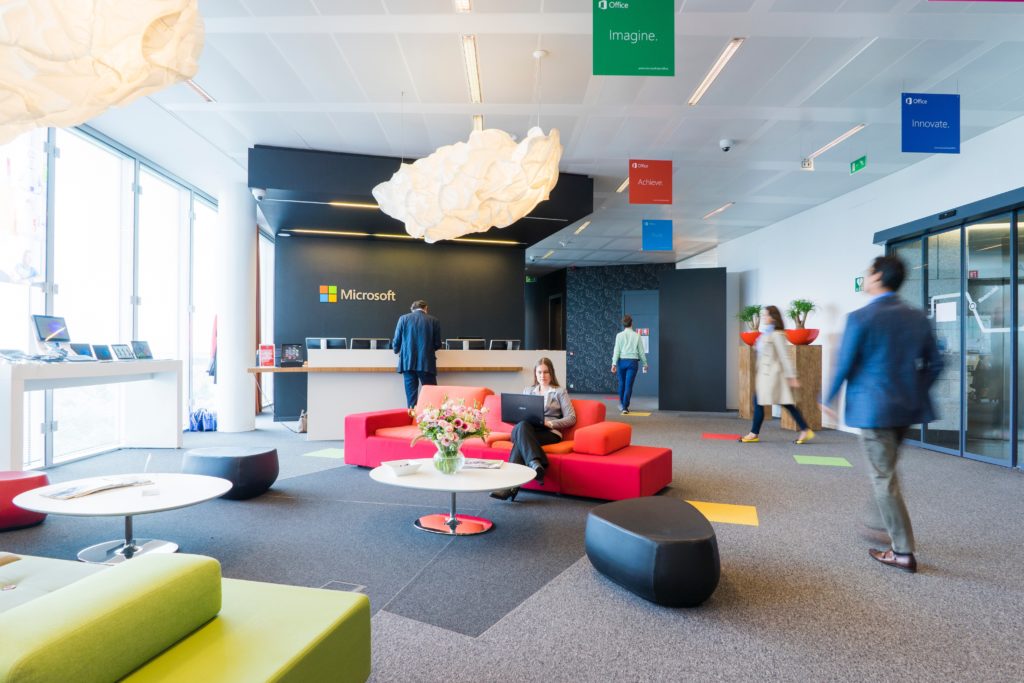What is the future of working from home?
The vaccination programme is being rolled out across Britain and infection numbers are falling, but don’t expect to be back in the office just yet

More than 33 million people in the UK have had their first dose of the Coronavirus vaccine, with more than 12 million people having had both. So, what does this mean for the future of working from home?
At present, the government’s advice is that you should continue working from home if you can, and the majority of us seem to be complying with this. A recent poll by the Trades Union Congress found that just one in five workers were going into the office unnecessarily.
For those of us able to remote work, we have all adjusted to new ways of working, using tools like Zoom and Microsoft Teams. Some have adjusted well; others have struggled with the isolation.
Whether you are for or against online work from home, as pubs and shops reopen, and we can socialise with friends and family again, we are all starting to consider when a similar opening up of the professional world might start.
An AlphaWise study asked 12,500 European workers at bank Morgan Stanley what they thought the future of working from home might look like. When quizzed about when they felt remote working could come to an end, 62% estimated that they would return to the office by June 2021.

This forecast is backed up by the British government. In its four-step roadmap, it has advised continuing to work from home if possible, with no mention of this being lifted ahead of the final phase where “all legal limits on social contact can be removed”. This last step, it has said, will happen no earlier than June 21, 2021.
The Morgan Stanley study also asked the workers how they would prefer to work in the future. In the UK, staff wanted to split the week evenly between office and home. The average answer of 2.4 days remote working was the highest of all the European countries surveyed.
There are calls for remote workers to return to the office sooner rather than later. This is thought to be especially important for younger staff, who are not only missing out on in-person mentorship and mental-health support from their teams, but also the general personal development that comes from working alongside other people.
However, the future of working from home is more likely to be a hybrid affair. With many companies announcing flexi working schemes and a complete culture shift among office workers as we reassess how, why and where we work, the boundaries between home and office seem set to soften permanently rather than bounce back.





